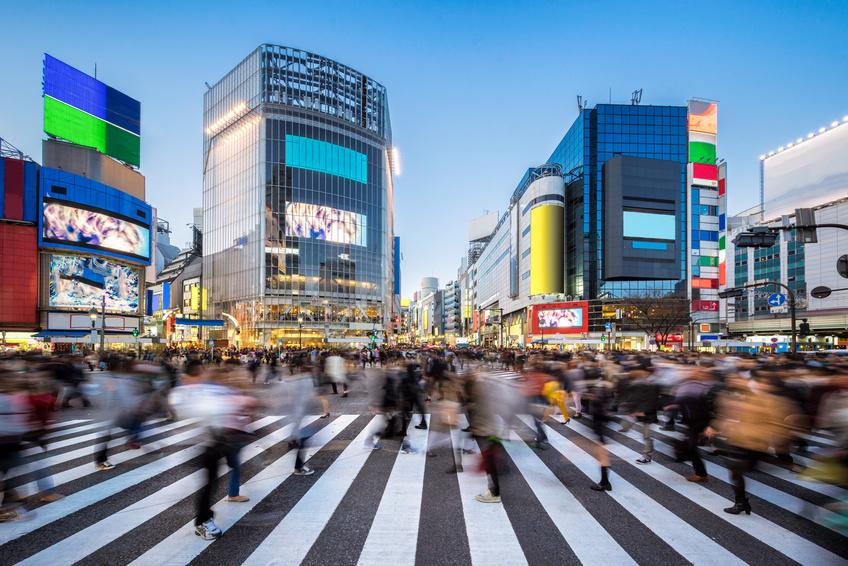Former defence minister Shigeru Ishiba is set to become Japan’s next Prime Minister after winning the leadership election of the Liberal Democratic Party (LDP). His formal appointment as Prime Minister by the Diet, Japan’s national legislature, on Tuesday is mainly ceremonial, given the dominance of the LDP in the lower house.
The Ishiba-led government is expected to place Japan’s economy at the forefront of its agenda, following in the footsteps of Prime Minister Fumio Kishida’s administration in trying to pull Japan out of years of deflation and taking measures to boost wages.
The incoming prime minister signalled his commitment to addressing the economic challenges, speaking to reporters after the LDP election. “Japan’s gross domestic product has been flat in the past two decades,” Ishiba said. “Unless consumption increases, the economy won’t do well,” he added, promising to boost household income through wage hikes.
Who is Shigeru Ishiba?
Shigeru Ishiba is a seasoned politician. His career spans several decades, during which he has held multiple cabinet positions. He was minister of defence from 2007 to 2008, minister of agriculture, forestry and fisheries from 2008 to 2009, and minister in charge of countryside revitalisation from 2014 to 2016.
He developed a deep understanding of Japan’s defence and agricultural sectors and rural communities. Thus, he is expected to work on national security matters. In a speech during the LDP election campaign, he said it would be urgent to create a mechanism for collective security in Asia. “If there is an emergency in Taiwan, it is an emergency in Japan,” Ishiba said.
Revitalising small cities and rural areas suffering from population decline will likely be another focus point. In a recent media interview, Ishiba named creating employment in the countryside a key task for the new administration to tackle.
Financial markets under an Ishiba Government
Investors were closely watching the LDP leadership race and outturn as a new government might mean policy changes. Markets expect the new government to give the Bank of Japan (BOJ) a freer hand in hiking rates.
“It’s something the Bank of Japan, which is obliged to achieve price stability, must decide,” Ishiba said in a TV programme aired after the LDP leadership election.
“We’ll deploy fiscal stimulus if necessary. There also won’t be any change to Japan’s loose monetary policy trend,” he added.
“The influence of Abenomics will essentially disappear,” commented Kazutaka Maeda, an economist at Meiji Yasuda Research Institute. He expects the next interest rate hike in December.
The Abenomics era started in 2013 and was characterised by aggressive monetary and fiscal policies. Interest rates had been extremely low for decades before the BOJ ended its stance in March and raised short-term borrowing costs to 0.25 %.


 Australia
Australia China
China India
India Indonesia
Indonesia Japan
Japan Malaysia
Malaysia Philippines
Philippines Singapore
Singapore South Korea
South Korea Taiwan
Taiwan Thailand
Thailand Vietnam
Vietnam






